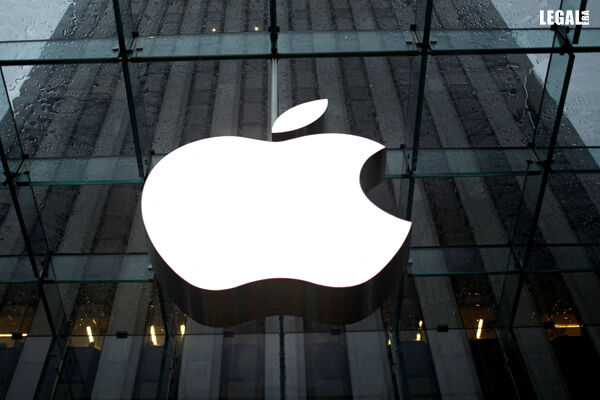
Germany’s Federal Cartel Office Accuses Apple Of Abusing Power Over App Tracking Tool
It could result in daily fines for the iPhone maker if it fails to change its business practices
Germany’s antitrust authority, the Federal Cartel Office (FCO) has charged Apple for abusing its market power through its app tracking tool and giving itself preferential treatment.
The accusation came after a three-year investigation by the FCO into Apple’s App Tracking Transparency (AATT) feature, which allows users to block advertisers from tracking them across different applications.
Companies found guilty of breaching Germany’s antitrust rules risk a 10 percent fine of their annual turnover.
In defence, the US tech giant claimed the feature allowed users to control their privacy.
However, it drew criticism from Meta Platforms, app developers and startups whose business models rely on tracking ads.
Andreas Mundt, the FCO President, stated, “The ATTF makes it far more difficult for competing app publishers to access the user data relevant for advertising.”
But Apple stated that it held a higher standard than required of any third-party developer. Adding, “We will continue to constructively engage with the FCO to ensure users have transparency and control over their data.”
If the tech giant fails, it will be required to address the concerns set out in the German charge sheet or risk further proceedings and daily fines.
The final ruling on the matter could come this year or the next year.
Associations representing publishers, broadcasters, advertisers, their agencies and ad tech firms, had complained about it.
Thomas Hoppner, a partner at Hausfeld, which represents the complainants, said, “The charges are groundbreaking. Apple’s measures created an artificial opacity in its ecosystem that led to less choice, higher costs for apps, and less protection against ad fraud. All this while, it boosted the company’s revenues from services. For the first time, it has been clarified that Apple may not rely on pretextual privacy arguments to massively restrict competition in its favor.”